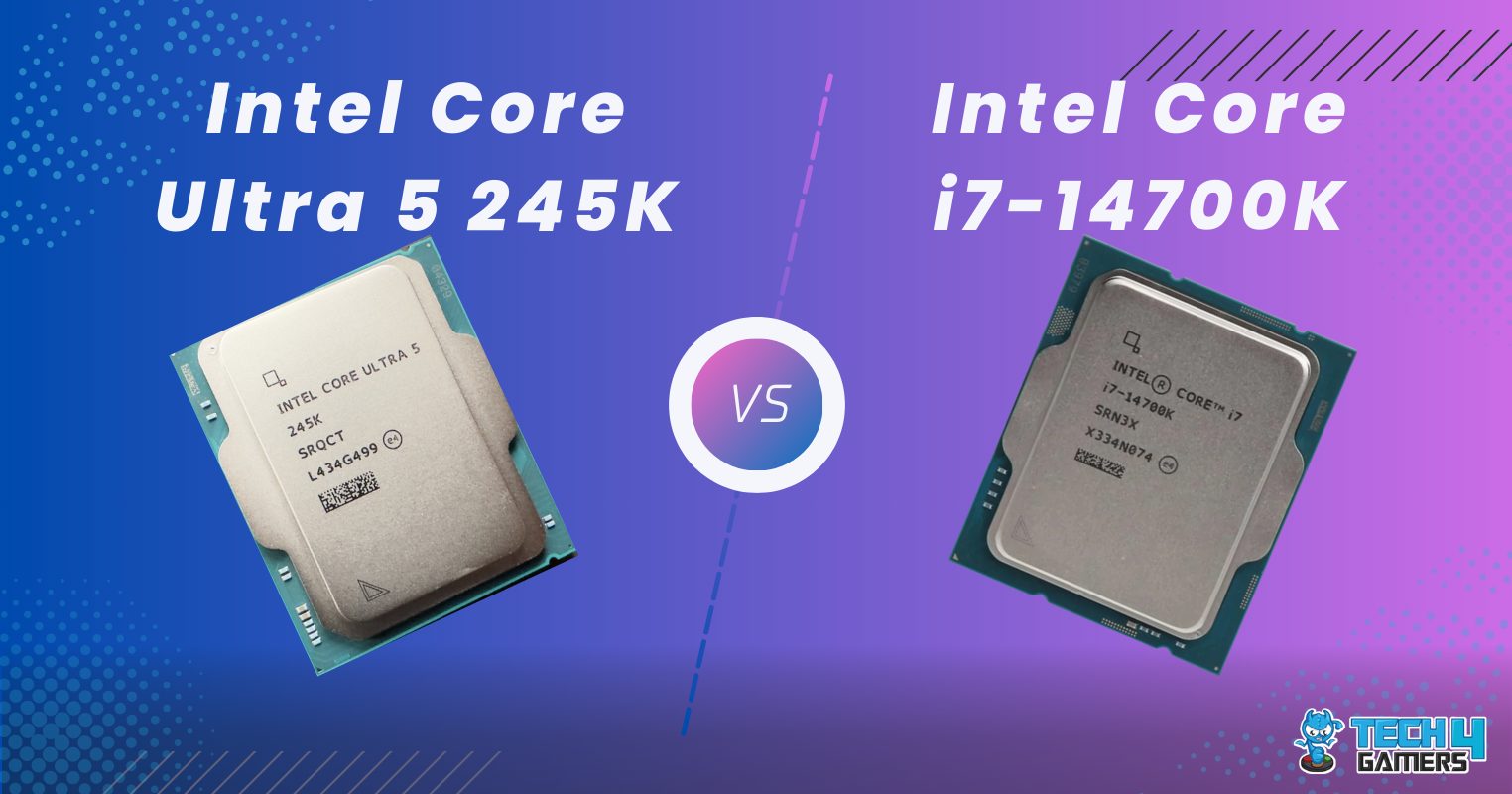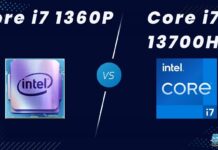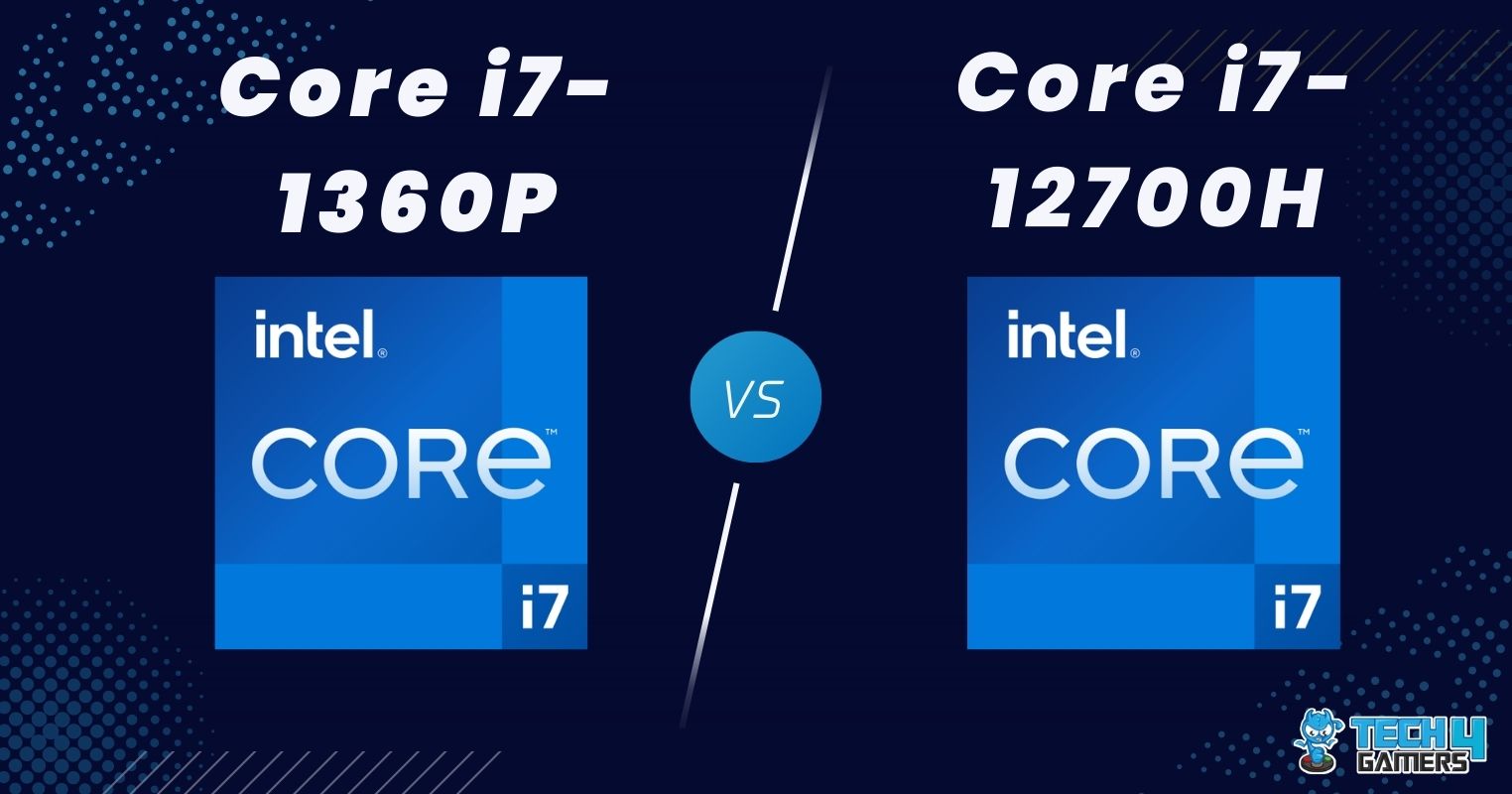Core i7 14700K Rated: 7.2/10 Core Ultra 5 245K Rated: 6.8/10
Pros And Cons
| CPU | Pros | Cons |
|---|---|---|
| Core i7 14700K | ✅ Has 6 more physical cores ✅ Better in terms of performance | ❌ More expensive |
| Core Ultra 5 245K | ✅ More modern manufacturing process ✅ More powerful Intel Arc Xe2 integrated graphics | ❌ Worse in terms of performance |
Comparison Table
| Feature | Core Ultra 5 245K | Core i7 14700K |
|---|---|---|
| Codename | Arrow Lake | Raptor Lake Refresh |
| Model number | 245K | i7-14700K |
| Integrated GPU | Arc Xe2 (Arrow Lake-S) | UHD Graphics 770 |
| Multiplier | 42x | 34x |
| Socket | FCLGA-1851 | LGA-1700 |
| Transistors | 17.8 billions | - |
| Best Motherboards | - | Best Motherboards For i7-14700K |
| Best CPU Coolers | - | Best CPU Coolers For i7-14700K |
| Best GPU | - | BEST GPU For Core i7-14700K |
| Processor Review | Intel Core Ultra 5 245K Review | - |
Architectural Differences
- Core Count: The 14700K has 20 cores and 28 threads, while the Core Ultra 5 245K forgoes multithreading to only use 14 cores and 14 threads for its core architecture.
- Clock Speed: The base frequency of the 14700K is about 2.5GHz on its e-Cores, and it boosts up to 4.3GHz on its performance cores. The 245K has a base clock of 3.6GHz and a boost up to 4.6GHz.
- L3 Cache: The L3 cache buffer is 33 megabytes on the 14700K, whereas the Core Ultra 5 245K has an L3 cache of 24 megabytes.
- Process Node: The 14700K has a 10nm manufacturing process, which is primitive compared to the 3nm manufacturing process, which aims to be more efficient.
- TDP: The highest rated power consumption of the 245K is 159 watts, which is still high but a far cry from the 253-watt PL2 TDP of the 14700K.
Intel’s rebrand had done little good for the company, with stock prices at an all-time low. If we compare it to a product a tier above it from the previous generation, it buckles to its knees. In fact, that is exactly what we intend to do in the Core Ultra 5 245K vs Core i7 14700K comparison to see how the new chips perform!
Gaming Benchmarks – 1080p
Having talked about the specifications of these chips, we will now look into how they perform against each other in real-world gaming scenarios. These tests will be done on a controlled test bench, the specs of which are written below:
Test Bench
- OS – Windows 11
- GPU – Gigabyte RTX 4090 Gaming OC 24G
- Motherboards – MSI Meg Z790 Ace Max
- Motherboards – MSI MPG Z890 Edge Ti WiFi
- RAM – XPG Lancer RGB 32GB 7200MHz DDR5
- SSD – XPG GAMMIX S70 BLADE 2TB NVMe SSD
- PSU – be quiet! Dark Power Pro 13 1300W
- CPU Cooler – Corsair iCUE Link Titan 360 RX RGB
Star Wars Jedi: Survivor

- Our test of Jedi: Survivor ran about 14% better on the older processor. The Core Ultra had an average framerate of around 143 FPS, whereas the 14700K had a framerate closer to 163 FPS.
- There was minimal difference in the 1% lows, with the Core Ultra 5 245K hovering around 124 FPS, whereas the 14700K had a minimum framerate of around 127 FPS.
The Last Of Us Part 1

- The 14700K had an average framerate of 189 FPS in our test of The Last Of Us, whereas the 245K was about 4% slower, with a framerate of around 182 FPS on average.
- The 1% lows hovered around 136 FPS on the Arrow Lake processor, whereas the 14700K had a 1.5% higher with a minimum framerate of around 138 FPS.
Cyberpunk 2077

- There was a monumental 23% difference in Cyberpunk 2077, where the Core Ultra 5 245K had an average framerate of 134 FPS, whereas the 14700K hovered closer to around 164 FPS.
- The minimum framerates were around 20% apart, with the 14700K getting a framerate of around 121 FPS at the lowest, whereas the 245K hovered closer to around 101 FPS in our testing.
Hogwarts Legacy

- Average framerates were around 121 FPS, which was about 4.5% higher than the 116 FPS of the Core Ultra 5 245K. There wasn’t a huge difference in performance in this game.
- The 14700K had 1% lows of around 83 FPS, which was a measly 2.5% higher than the 81 FPS of the Core Ultra 5 245K.
Remnant 2

- The 14700K remained victorious in our test of Remnant 2, where it had an average framerate of 116 FPS, about 3.5% higher than the 112 FPS of the Core Ultra 5 245K.
- The 1% lows were a tad higher on the Core Ultra chip in this game at around 98 FPS instead of 97 FPS on the Core i7 14700K.
Homeworld 3

- This game had a framerate of around 87 FPS when we tested the 14700K, which was about 7.5% higher than the 81 FPS of the Core Ultra 5 245K.
- The 1% lows were apart by a similar margin, with the 245K hovering around 27 FPS, whereas the 14700K stayed closer to around 29 FPS in our testing.
A Plague Tale: Requiem

- There was an exact 20% difference between the two chips in our test of A Plague Tale: Requiem, with the 14700K getting an average framerate of 144 FPS, whereas the Core Ultra 5 245K hovered closer to 120 FPS.
- The minimum framerates were about 73 FPS on the 245K, which paled in comparison to the 106 FPS lows that we saw with the 14700K, leading to a difference of around 45%.
Starfield

- The last game of our testing ran with an average framerate of around 123 FPS on the 14700K, which was about 10% higher than the 112 FPS of the Core Ultra 5 245K.
- The 1% lows were exactly the same in this test between the two chips at around 90 FPS.
Productivity Benchmarks
Now that we’ve gotten the gaming benchmarks out of the way, we will look at how these processors compare in productivity tests. These benchmarks were done using the same test bench mentioned above, so take a look at that if you need to refresh your memory.
Cinebench

- The single-core scores were higher on the Core Ultra by about 8%, with a score of around 137 FPS, whereas the 14700K hovered closer to 127 FPS.
- The multi-core score, however, was about 31% higher on the i7. It scored about 1991 points, whereas the 245K struggled to get around 1522 points.
7-Zip

- The 7-Zip compression test ran about 40% better on the older processor, with a score of around 188 points instead of the 134 points of the 245K.
- The decompression tests took a 66% lead on the older processor, with a score of around 201 points while the 245K hovered closer to around 121 points.
Blender

- The Monster test on Blender ran about 37% better on the older processor, which is a thorn in the side of the performance of the newer Core Ultra chips.
- The 14700K had about 206 samples per minute, which was significantly more than the 206 samples per minute of the 245K.
Overall Performance
| Processor | Core Ultra 5 245K | Core i7 14700K |
|---|---|---|
| Average FPS | 📈125 | 📈138.37 |
| 1% Lows | 📉91.25 | 📉98.87 |
| Productivity (Rating) | ✏️5.33/10 | ✏️7/10 |
| Winner: Core i7 14700K | ||
Average Framerate
On average, the 14700K was about 11% faster than the Core Ultra processor in our gaming tests. This difference wasn’t as noticeable because of the high framerates both processors were getting at 1080p, but this ratio will be a big problem after these chips age.
1% Lows
The difference in the 1% lows of these processors was around 8%, which is a smaller difference than what we saw with the averages. In most games, both processors had very similar minimum framerates. This shows that both processors are bottlenecked in some way in their own regard.
Productivity Benchmarks
The 245K did not even put up a fight in the productivity benchmarks. The 14700K was very significantly more powerful than its rival, perhaps because of the sheer number of threads on the older processor. In any case, the 14700K wins against the 245K in terms of productivity performance as well.
Power
| Game | Core Ultra 5 245K | Core i7 14700K |
|---|---|---|
| Star Wars Jedi: Survivor | 97 | 214 |
| The Last Of Us Part 1 | 96 | 226 |
| Cyberpunk 2077 | 98 | 205 |
| Hogwarts Legacy | 102 | 203 |
| Remnant 2 | 93 | 225 |
| Homeworld 3 | 108 | 208 |
| A Plague Tale: Requiem | 97 | 213 |
| Starfield | 93 | 218 |
| Average Power Draw | 98⚡ | 214⚡ |
| Winner: Core Ultra 5 245K | ||
The power consumption of these chips is a world apart. The 14700K took more than double the power of the 245K. We’re glad to see this shit in efficiency, but we would’ve been happier if the 245K took a bit more power to bring its performance closer to the older chips.
Price
| CPU | Core Ultra 5 245K | Core i7 14700K | Price Difference |
|---|---|---|---|
| Launch MSRP | 💲319 | 💲419 | 31.35% |
| Current Price | 💲259 | 💲319 | 23.17% |
There is a $60 difference in price between these two chips at the time of writing this comparison, with the 14700K being more expensive. Considering that the Core i7 is a tier above the Core Ultra 5 we’re comparing it with, this difference in price makes sense.
What We Recommend
Core i7 14700K: Though not a great processor in its own right, the 14700K beats out the Core Ultra 5 245K in terms of performance pretty handly. Yes, it does lack in terms of power efficiency, but for most people power efficiency comes second to raw performance.
Core Ultra 5 245K: Intel has much to work on with the Core Ultra line of chips. The lackluster performance of the Core Ultra 5 245K and even its brethren is reason enough not to buy into this generation. However, if you prefer the efficiency gains and have an older Intel chip, the 245K might be worth buying.
Having discussed all the features, we would advise you to buy the Core i7 14700K if you have the budget for it and the extra power it consumes. The 245K, though disappointing, could be a chip worth buying if you can find it for a discount.
No, the new Core Ultra processors for desktops use the same x86 instruction set. No, the Core Ultra 5 245K does not have hyperthreading. Yes, you can overclock both the Intel Core i7 14700K and the Intel Core Ultra 5 245K. Yes, the Core Ultra 5 245K has support for ECC memory. Yes, both the Core Ultra 5 245K and the Core i7 14700K have integrated graphics.FAQs
More From Core Ultra 5 245K More From Core i7 14700K
Thank you! Please share your positive feedback. 🔋
How could we improve this post? Please Help us. 😔
[Comparisons Specialist]
I’m a passionate computer hardware expert specializing in CPUs and GPUs. With a lifelong curiosity for hardware and extensive hands-on experience, I provide valuable insights, practical advice, and in-depth analysis on these components. Engaging with the hardware community, I exchange knowledge and stay at the forefront of technological advancements.
Get In Touch: uzair@tech4gamers.com





![Core i5-14600k Vs Ryzen 7 7800X3D [10 Games Tested] core i5 vs 7800x](https://tech4gamers.com/wp-content/uploads/2024/11/core-i5-vs-7800x-218x150.jpg)
![RTX 4080 Super Vs RX 6900 XT [Gaming Benchmarks 2025]](https://tech4gamers.com/wp-content/uploads/2024/03/GPU-Comparison-Template-NEW-218x150.jpg)

